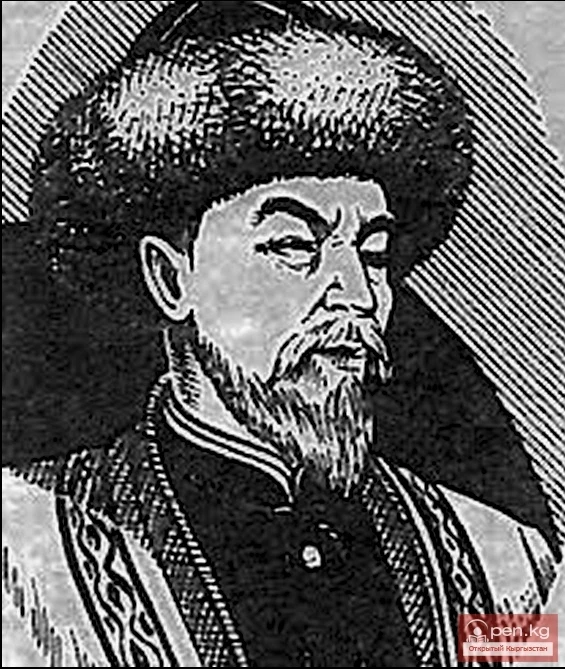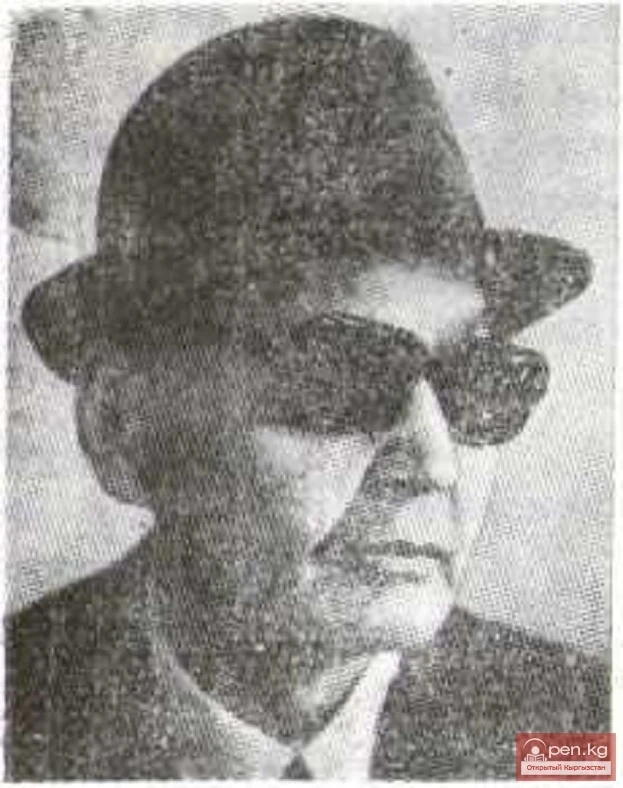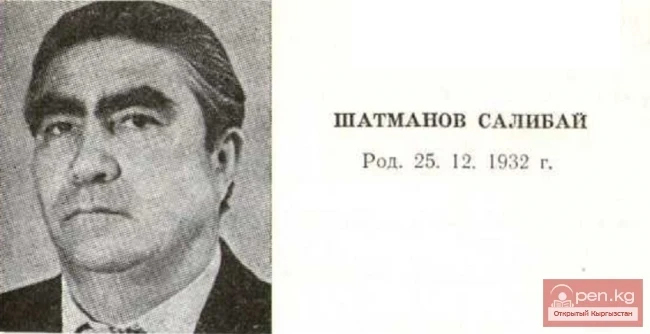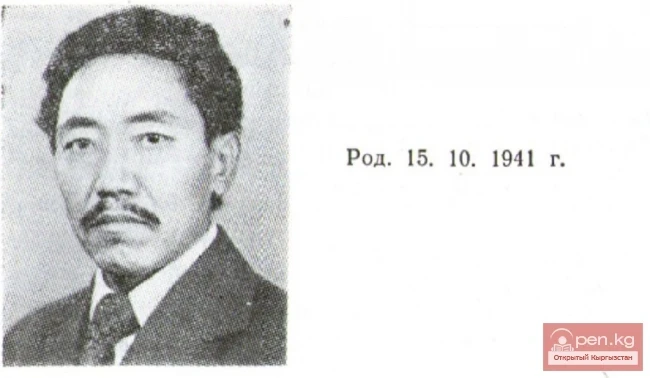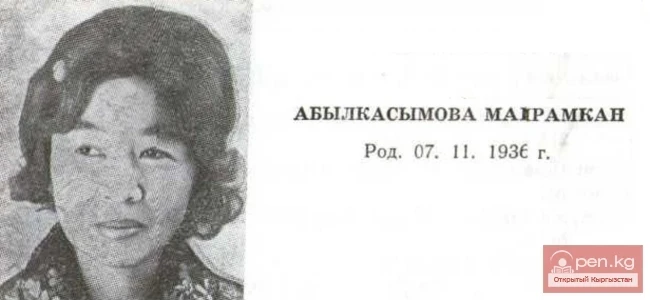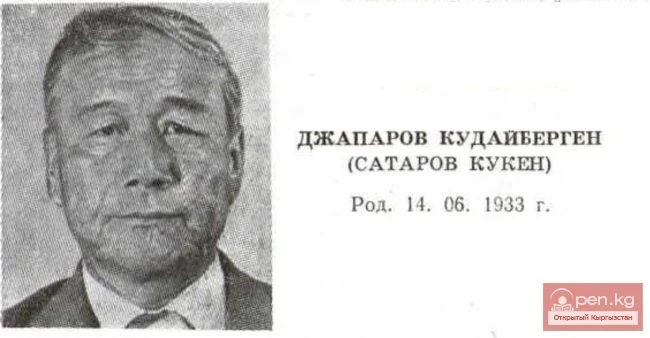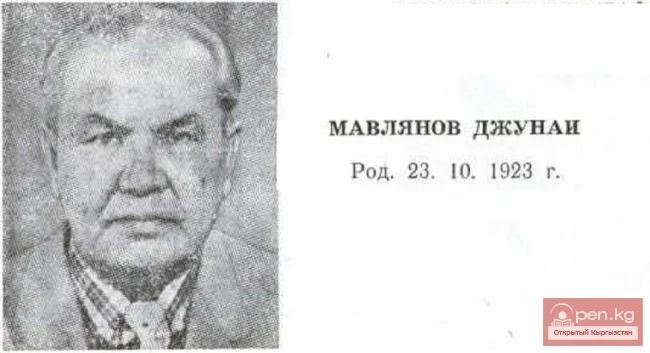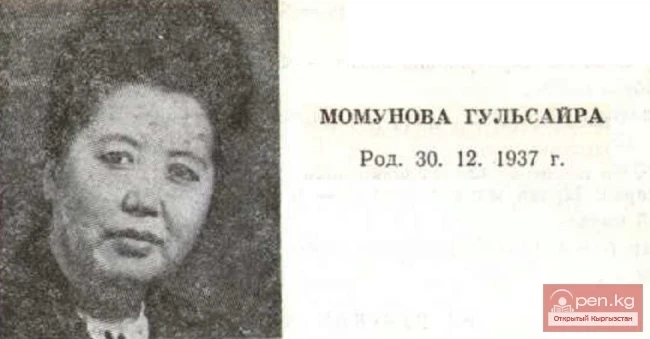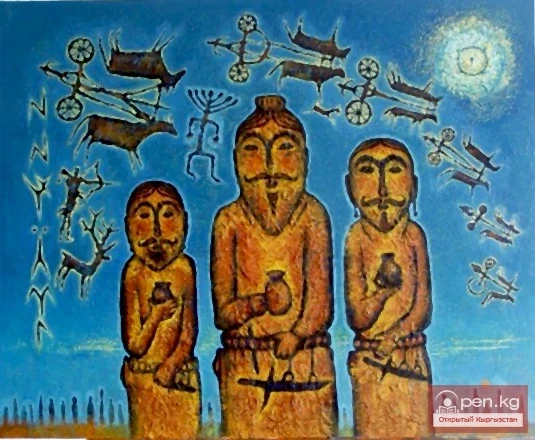
Astrology was considered a false teaching among us, and the ban on it lasted for 60 years, starting from 1929. Interest in astrology is currently expanding, as many facts of modern science cannot explain certain phenomena. It is known that we are in the field of radiation from the Sun and other celestial bodies, which affect our biorhythms. It has been proven that a person lives in a magnetic web, and in every cell of their body, there exists a small magnetic field that reacts to the vast external environment. All these powerful factors serve as a foundation for the successful development of scientific astrology at this stage.
Astrology as a doctrine originated in ancient times. It was believed that the positions of celestial bodies, primarily the planets, could predict the future of individuals and entire nations.
In ancient times, astrology received significant attention in Assyria, Babylon, Egypt, India, Greece, and Rome. The influence on people's destinies was attributed to five planets — Mercury, Venus, Mars, Jupiter, Saturn, as well as the Sun and the Moon. Based on their mutual positions and their location relative to 12 constellations and parts of the horizon at the moment of a person's birth, a horoscope is created that determines their fate. Horoscopes were also drawn up for the moment of an anticipated action or event, such as a major battle or a person's departure on a long journey, dreaming of achieving their goals, etc. Astrology was used to attempt to predict the weather.
Astrology greatly stimulated the development of observational astronomy, contrary to the opinions of some scientists who consider it a pseudoscience that brings only harm to people. The great astronomer J. Kepler (late 16th and early 17th centuries) also engaged in astrology, skillfully creating horoscopes for his friends and further developing the theory of this teaching.
In the knowledge system of the Kyrgyz people, astrological concepts held a special place. This is confirmed by the artistic and poetic myths and legends created by the people about the Moon, Sun, Venus, the Pleiades, Ursa Major, meteorites (falling stars), and comets. Celestial bodies were endowed with mysterious powers that influenced people's lives. Their positions determined the timing of migrations, harvests, the laying of winter enclosures for livestock, the beginning of military campaigns or journeys to distant lands, etc.
According to the beliefs of ancient Kyrgyz people, if a person sees any celestial bodies in a dream, something good will happen in their life. They believed in the existence of a supernatural world that governs nature and humanity, and that a person could establish a connection with it through the recognition of the unknown. Therefore, Kyrgyz people prayed before sleep: "May God grant me to see good prophetic dreams." They did not forget that as long as a person's dreams did not improve (i.e., did not predict good), their affairs would not get better. It was considered a rule that, in response to help received, one should hear from a person instead of a polite "rahmat" — "thank you" — a sincere wish that their dream would come true. As an example, we can cite dreams about the birth of a hero from folklore, which reflect the astrological concepts of the people:
"At the right temple, the Sun has risen; at the left temple, the Moon has risen; they have come together and become a good omen."
Here, as we see, there is a notion that alongside the Sun, the Moon also has a significant influence on the life processes occurring on Earth. In the past, people often said: "Why worry and get irritated unnecessarily, is it a full moon now?" From this example, it is evident that the Moon, in the form of a silver disk, affects the psyche of individuals. The rhythms of our bodies, like those of any living being, strictly depend on the gravitational influence of celestial bodies. Among these influences, the effect of the Moon, as the celestial body closest to Earth, on human health stands out. Even Hippocrates demanded careful observation of "good" and "bad" days from his students in order to successfully treat sick people. And the physician of Roman gladiators, Claudius Galen, directly proved that the Moon has a significant influence on human health. According to the hypothesis of mining engineer L. A. Kotelnikov and others, the Moon affects our bodies similarly to how it affects ocean waters, i.e., it causes "high tides" and "low tides" in cells and the circulatory system, which determines our condition. In other words, the Moon either raises our vitality or, conversely, can lower it, worsening our well-being.











